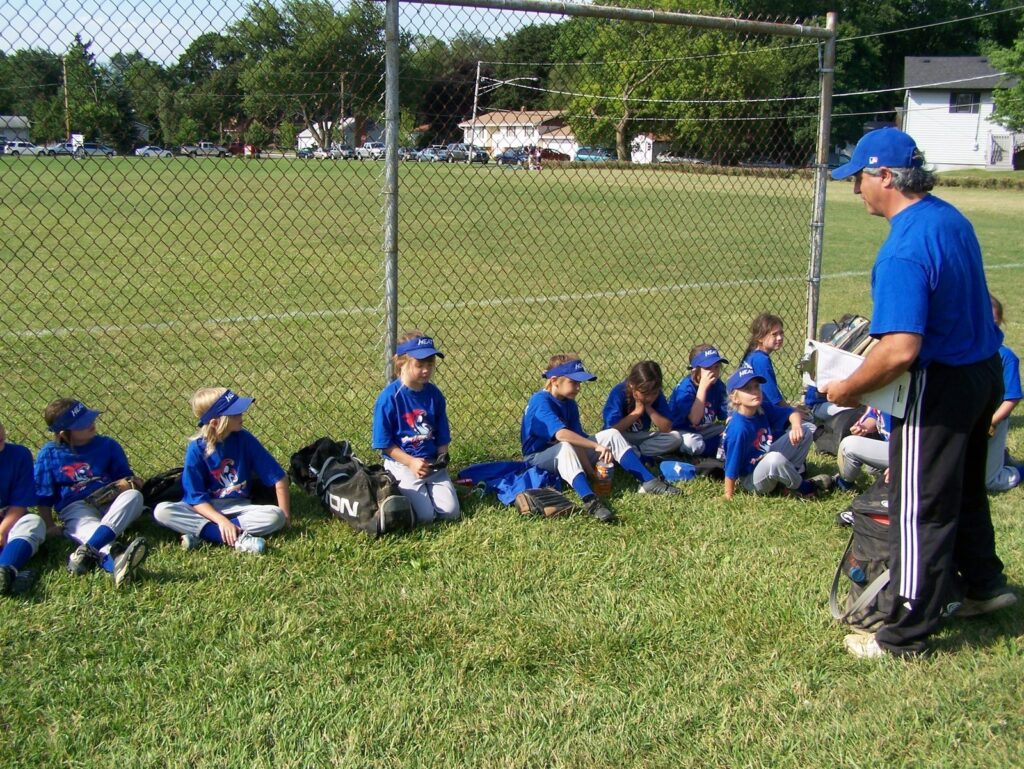
It happens all the time – errors and mistakes.
Softball is full of it. In fact, it’s a sport of errors.
The team that makes the least usually wins.
At the younger levels, teams don’t get beat, they beat themselves.
Coaches and parents are in most cases very well-intented. They want to help their kid or their players get better by providing feedback or “shake them up” a little.
They usually do that in the team post-game talk or in the car on the way back home.
Is that a good idea?
Some will argue yes. Some will argue no. Some will say it depends.
Let me put this from the player’s perspective.
You make a mistake. The whole park (most likely) saw you make it. You feel bad. Your feel you’ve let your team, your coaches, your parents and most importantly yourself down.
You feel embarassed. You’re angry at yourself. You KNOW you made a mistake.
What’s the point of “agitating” this fact once more in your face in front of everybody in a meeting after the game or on the way when you are still mad or all emotional about it?
You see my point? Players know they screwed up and certainly don’t need to be reminded that.
Do you need to remind them? To re-emphasize it by wanting to discuss it right away?
Being a coach, I know you can learn from every situation.
But there is a time and a place to discuss what happens, especially when it’s costly or embarassing mistake.
And the post-game talk IS NOT it. In my opinion.
Everybody is emotional. Throw in together frustrations, feelings of embarassement, and other negative feelings and you have the perfect recipe for a disaster.
Let the feelings cool-off and talk about it later.
Advice for parents: Don’t talk about the negative stuff on the way back especially if you sense no desire to talk about it from your daughter. Point out a few good things and just cheer her up.
Advice for coaches: If your team played really badly, no need to re-emphasize that too much. They know. You can be a little mad but don’t go crazy and keep things cool.
Emphasize that it was not your game, that there are things that needs to be worked on but that you will talk about it next time. It’s not the time to make a big crisis. Athletes tend to respond very negatively to this in the long run.